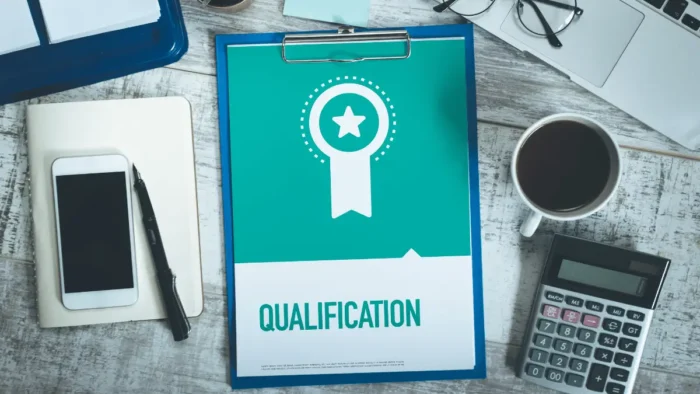To maintain high levels of productivity at work, goals are crucial. Establishing goals, however, should go beyond what you want to achieve on a monthly, weekly, or daily basis. Setting professional development goals focused on your professional growth at work can help you significantly advance and, if you’re a manager, will encourage the growth of your team.
Professional development goals are benchmarks you create for your group’s and your own professional advancement. As you strive toward long-term objectives, they serve as milestones to gauge your progress. Objectives for professional development can include learning new skills, improving current ones, or even asking your team for feedback.
Embrace the notion of investing in your professional development so you can stand out from the competition and become a top pick for companies. Here are some examples of professional development goals that will lead to your success and promote your personal and professional advancement.
1. Learn New Skills
An increased skill set is typically a sign of professional growth. Enrolling in new training programs and courses is an excellent way to improve your skills.
Developing new skills doesn’t necessarily have to be done in a structured setting. A fantastic way is to get experience in even the simplest job role.
The skills you decide to learn can be based on your profession, interests, and industry. Skills in cloud computing, data science, project management, and UI/UX design are in demand across the labour market.
New versions and advancements of every piece of software are constantly being made, thanks to how quickly technology evolves. With these innovations, it’s easier to learn about any tools you require for your professional development. Each time you need to upgrade your digital skills, give yourself a deadline and stick to it.
2. Improve Your Presentation Skills
You cannot afford to suffer stage fright if you want to flourish professionally. You’ll constantly find yourself presenting, from weekly discussions to conferences, delivering pep talks, and developing relationships as your career progresses. You can effectively engage and communicate with your audience when you have excellent public speaking abilities. You can also inspire and motivate those around you.
Your presentational competence reveals a lot about you. Everyone enjoys and feels energized by a planned, energetic, and eloquent presentation. A bland one, however, doesn’t get as much attention.
Therefore, developing these skills is necessary. By practising several old lectures in front of the mirror, you can improve your presentation skills. The secret, as always, is practice.
3. Enhance Your Communication Skills
These skill sets have the power to make or break your whole personality. If someone is reading your email, for instance, having weak writing skills can leave a very unfavourable impression.
Good communication skills enable us to engage and interact more effectively with others and forge business alliances. Consider outlining a professional development goal to develop your interpersonal, written, and oral communication skills. If necessary, you can also enrol in a course to develop these abilities.

4. Learn Networking Skills
Make it a goal to improve your capacity to network, meet new people, and concentrate on expanding your professional network. Expanding your network of connections can help you stay informed about new job opportunities, build your profile, and expose you to new ideas. It can also help with your continuous improvement.
Register for industry-related events, join groups in person or on social media apps like Facebook or LinkedIn or look for volunteer opportunities through volunteer networks.
You can set a couple of specific objectives, such as attending seven professional engagements, either in person or through LinkedIn, to locate and join three professional organizations.
5. Build Leadership Skills
Leadership development programs undoubtedly help people become more confident, frequently lead to opportunities and high-level jobs, and are valuable to enterprises. Through formal education, mentorship programs, apprenticeships, or even on-the-job training, leadership abilities can be developed.
You can improve your leadership abilities and demonstrate to others that you are a growth-oriented person by actively asking for leadership responsibilities. Ask your manager for an opportunity to demonstrate your abilities as a team leader. Prepare a few ideas in advance. To get you started, take initiatives such as overseeing two team-building activities this quarter, planning and supervising a group project to acquire a new skill or tool together, or preparing for an upcoming team outing or event.
6. Develop A Reading Habit
It’s a good idea to read professional books if you desire to focus on achieving your professional development goals. Reading physical or online books, listening to podcasts, and reading news articles, to name a few, are some of the resources that can help you learn more about your profession and gain insight into how to advance your career.
Conclusion
Good professional development goals give you insight into your future career path, the additional skills you must learn, and the people in your professional connections who will facilitate your dream career. Select any of the goals mentioned in this article, and get started on your personal and professional development.





